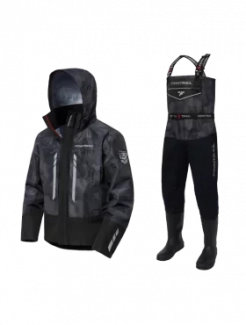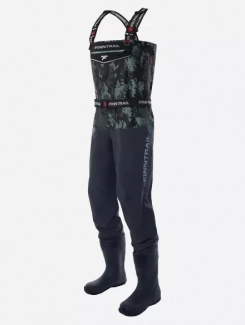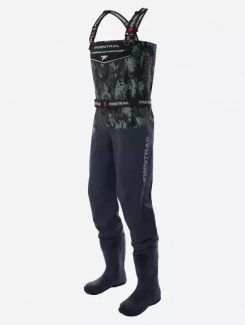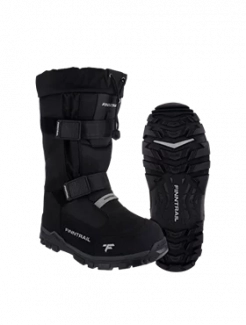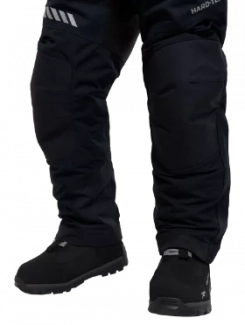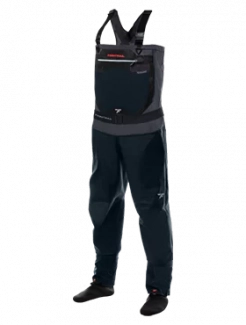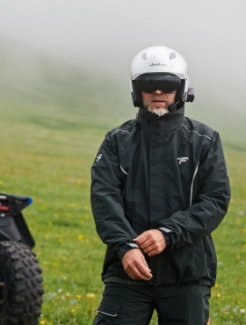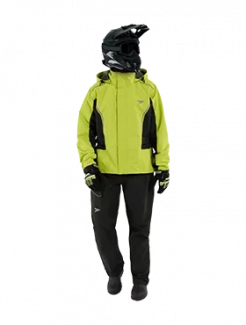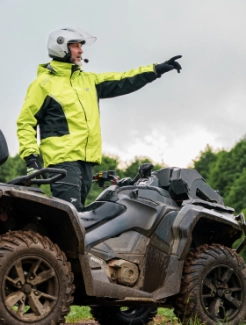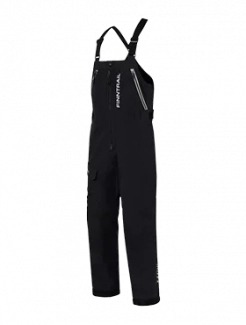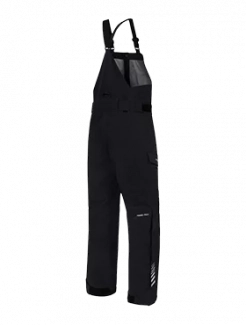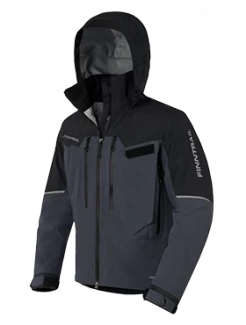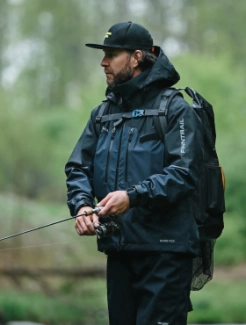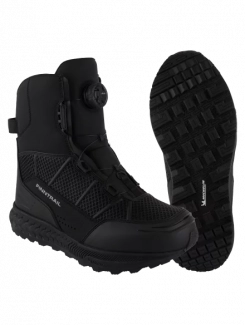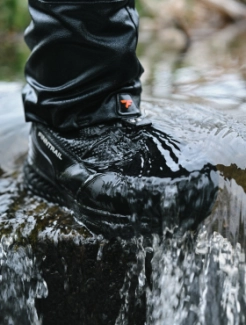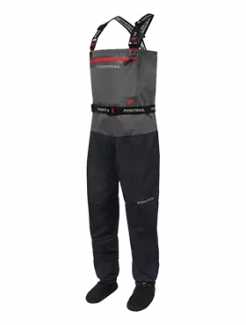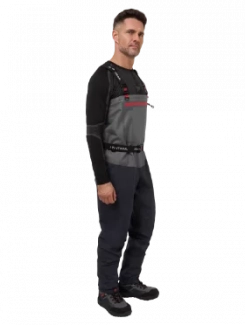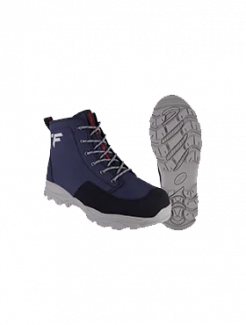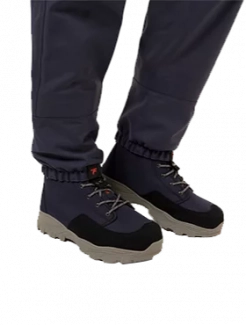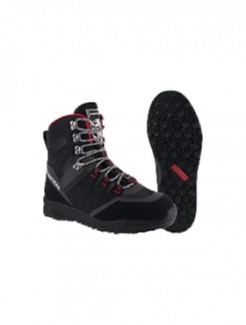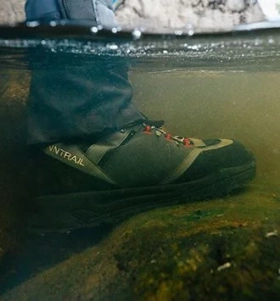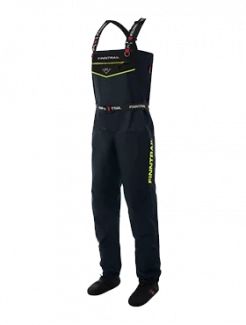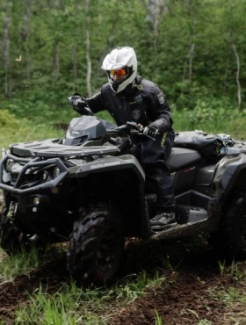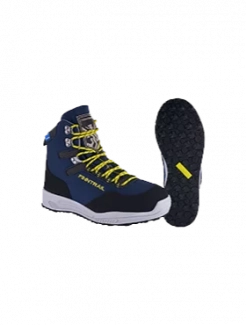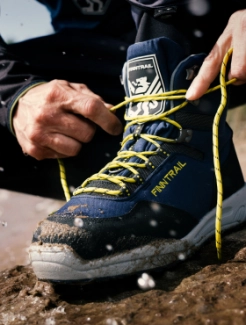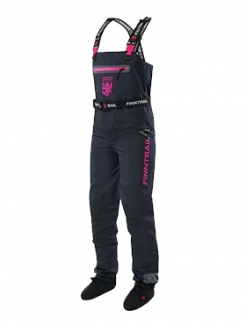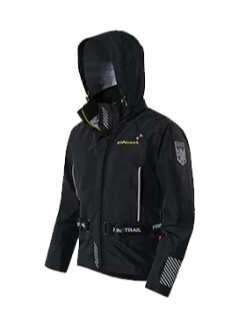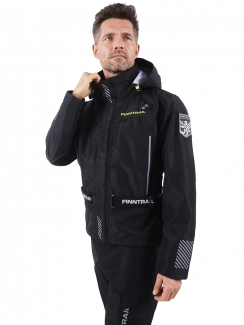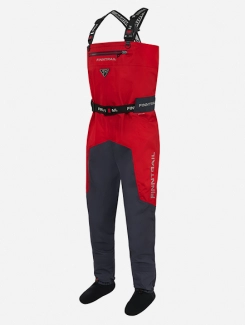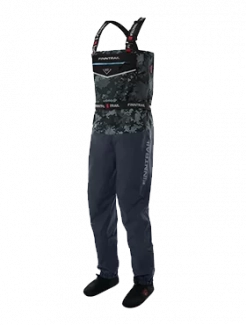Why You Get ATV Overheating and How to Fix It
ATV overheating can make your machine stop running mid-ride and cause engine damage, making it both a fun-stopping and often expensive problem. This post will tell you how to know your ATV is overheating, how to fix it, and how to prevent it.
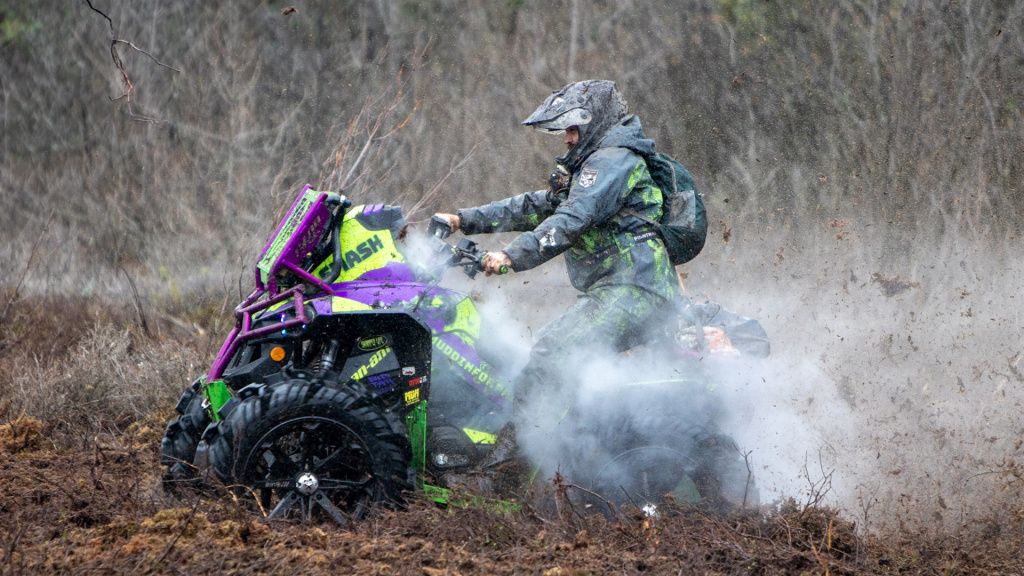
HOW TO RECOGNIZE ATV OVERHEATING
Some of this is intuitive. You may have even experienced overheating in your car and have an idea what to expect. It's very similar.
Symptoms of ATV overheating include:
- power loss
- excessive steam or white smoke
- a sickly, sweet smell
- a ticking sound in the engine
- excessive heat in the engine
- liquid dripping from the engine
You might notice just one of these symptoms or several.
Most of them will only appear during the ride after the engine has gotten too hot, but you may notice liquid pooling below the ATV or moisture in an unexpected place when you inspect it pre-ride.
HOW TO FIX ATV OVERHEATING
At the first sign that your ATV is overheating, shut it off to prevent further damage and get it level so you can check the coolant.
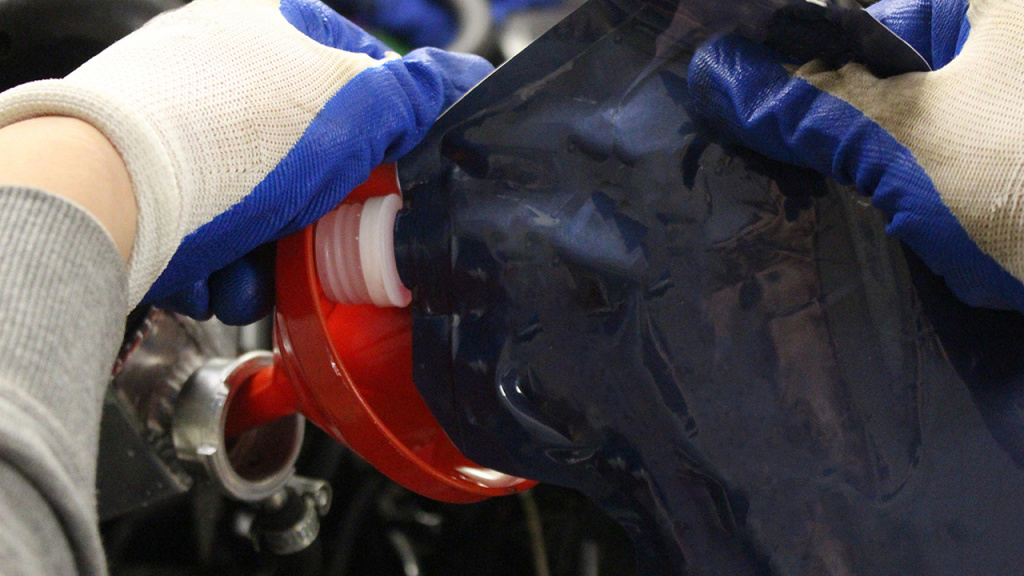
Coolant
Check the coolant level for evidence of a leak or that you forgot to add coolant.
Too little coolant is easy. Just add coolant and remember to maintain the right amount and mixture for your ATV in the future. If you've been adding coolant and it seems to be disappearing on you, you probably have a leak.
Depending on the cause, leaks can develop gradually or happen suddenly. They can occur in the coolant hoses, water pump, head gasket, and thermostat housing. They will usually be accompanied by dripping water or lingering moisture, thankfully helping you determine the source of the leak so it can be repaired.
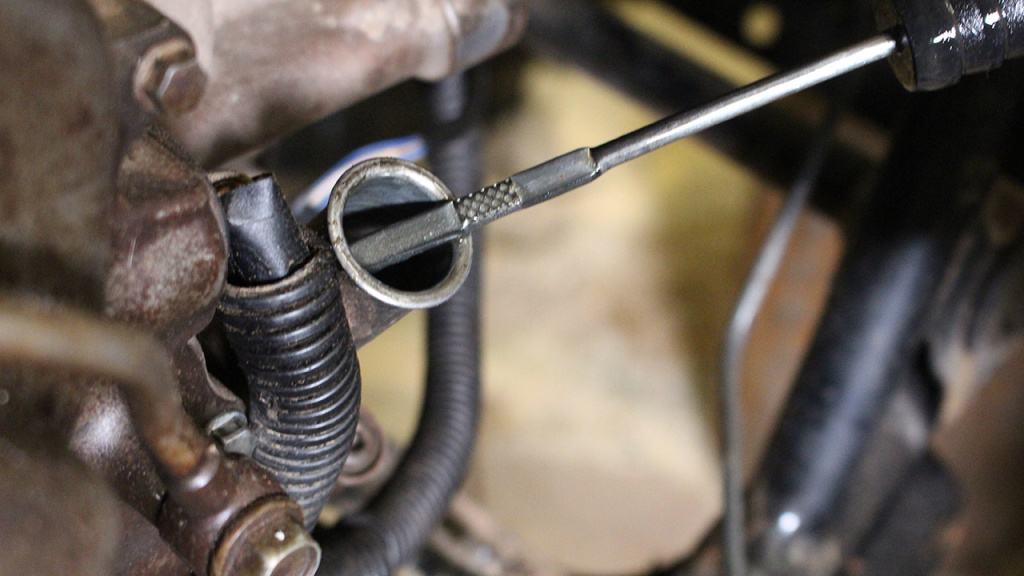
Engine oil
The engine can't work like it should without the right amount of and type of oil. Check your oil level, and make sure there aren't oil leaks. This may just require more oil or better oil. Or you may need a repair to fix a leak or damage caused by the lack of oil.
Radiator
Inspect the radiator for indications that it is damaged, dirty, or clogged with debris. If it is dirty or clogged, you can simply clean it. If it's damaged, you'll have to have it repaired or replaced.
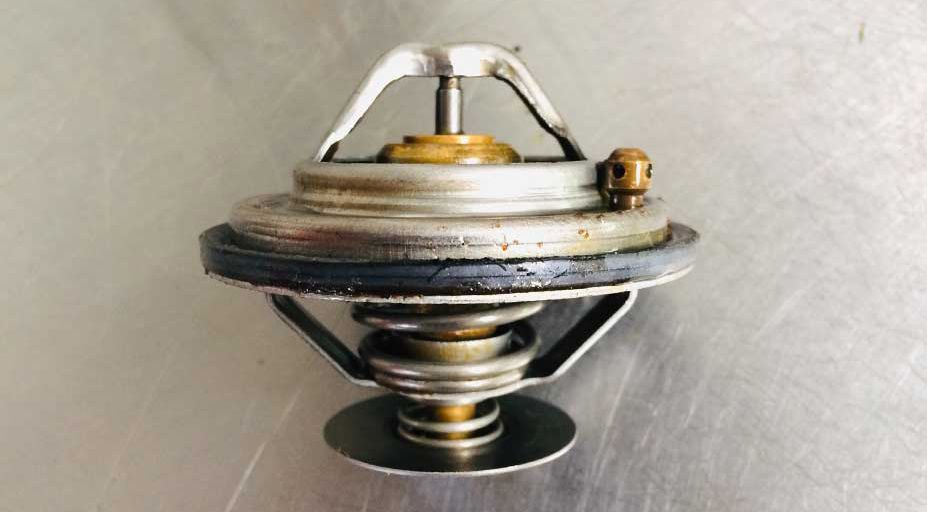
Thermostat
The thermostat may be old. ATV thermostats tend to only last 4 to 5 years. When this happens, they'll get stuck and start incorrectly controlling the amount of coolant let into the engine. The answer to this is to replace the thermostat.
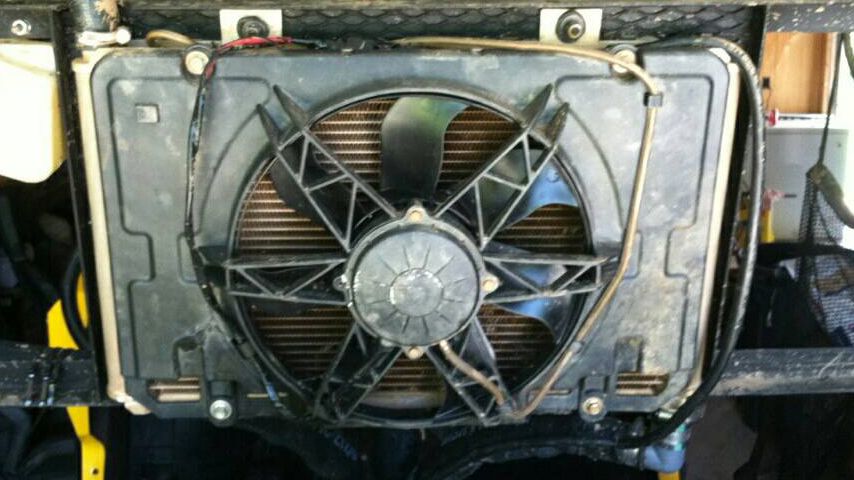
Radiator fan
Radiator fans keep the radiator cool, and it takes both a fan motor and sensor to make them work. You can test the motor with your ATV battery to diagnose if that's the problem. If not, you likely have a sensor problem.
It is possible, but not likely, that the fan is fine and the battery is weak. if you can't find another cause, you could check the battery.
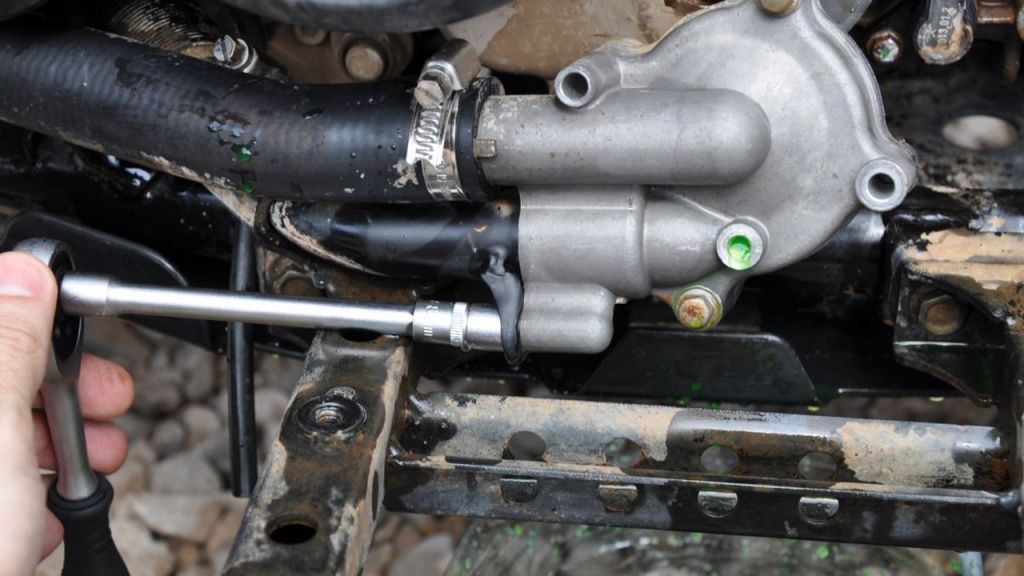
Water pump
The water pump distributes the coolant. It can have loose or missing nuts, be corroded or worn, or just be old. Depending on how handy you are, you can fix this yourself or take it to a mechanic.
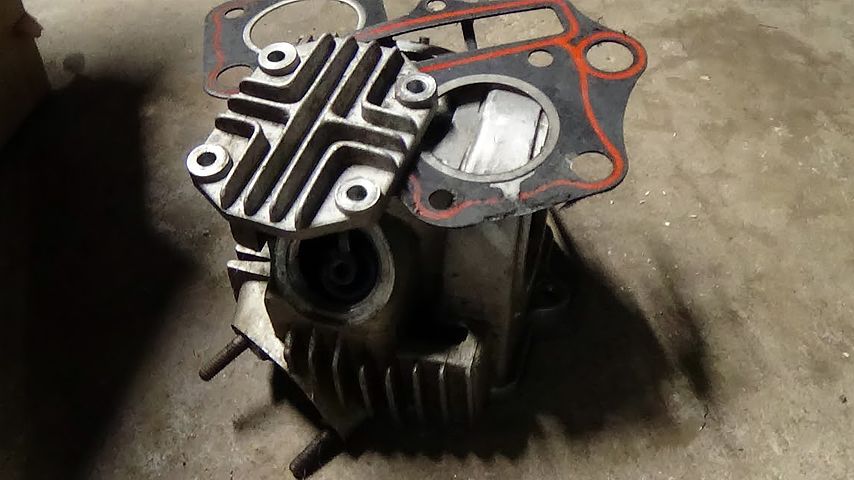
Head gasket
Head gaskets provide a barrier between the coolant and the combustion chamber. If they become worn or burnt, they allow coolant to leak out. This leads to the white smoke and sweet smell. This is more likely to happen if your ATV has been overheating for a while. It will have to be repaired and it's often a costly repair.
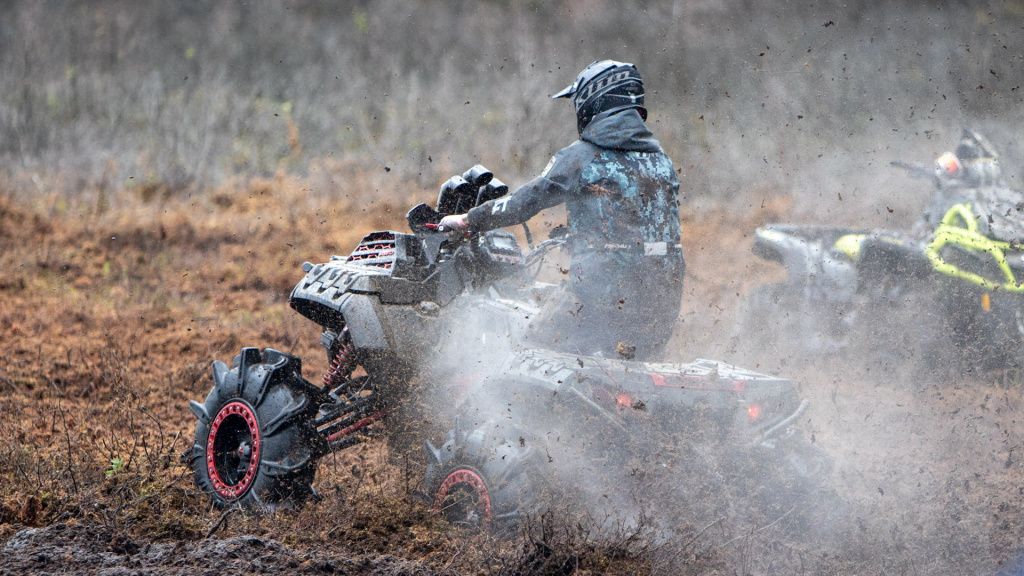
HOW TO PREVENT ATV OVERHEATING
No one wants to have an overheating engine so it's best to make every attempt to prevent it from ever happening in the first place.
Coolant
Check the coolant regularly. Either follow the schedule in the owner's manual or check the coolant before every ride. Learn your ATV's specific amount and mixture requirements as listed in the owner's manual.
Oil
Make sure you check your oil at least as often as the owner's manual requires if not before every ride. Also, use the oil your owner's manual recommends.
Clean the radiator
No matter how tempting it is to enjoy seeing and flaunting a dirty ATV, your machine should be washed after every ride to protect it both outside and inside. When you're washing the outside, clean the radiator.
Replace the thermostat
Expect your thermostat to start going bad in 4-5 years and be proactive about replacing it.
Watch for drips
You might catch a leak before it makes your engine overheat by looking under your ATV for puddles and noticing moisture when you're making your other pre and post ride checks.
Don't run an overheating ATV
Address any signs that your engine is overheating before they get bad. Notice if your engine seems too hot, there's liquid dripping, or any other sign. Certainly, don't run an ATV after it has already overheated without addressing the cause. This will potentially limit the damage and lessen your repair costs.

